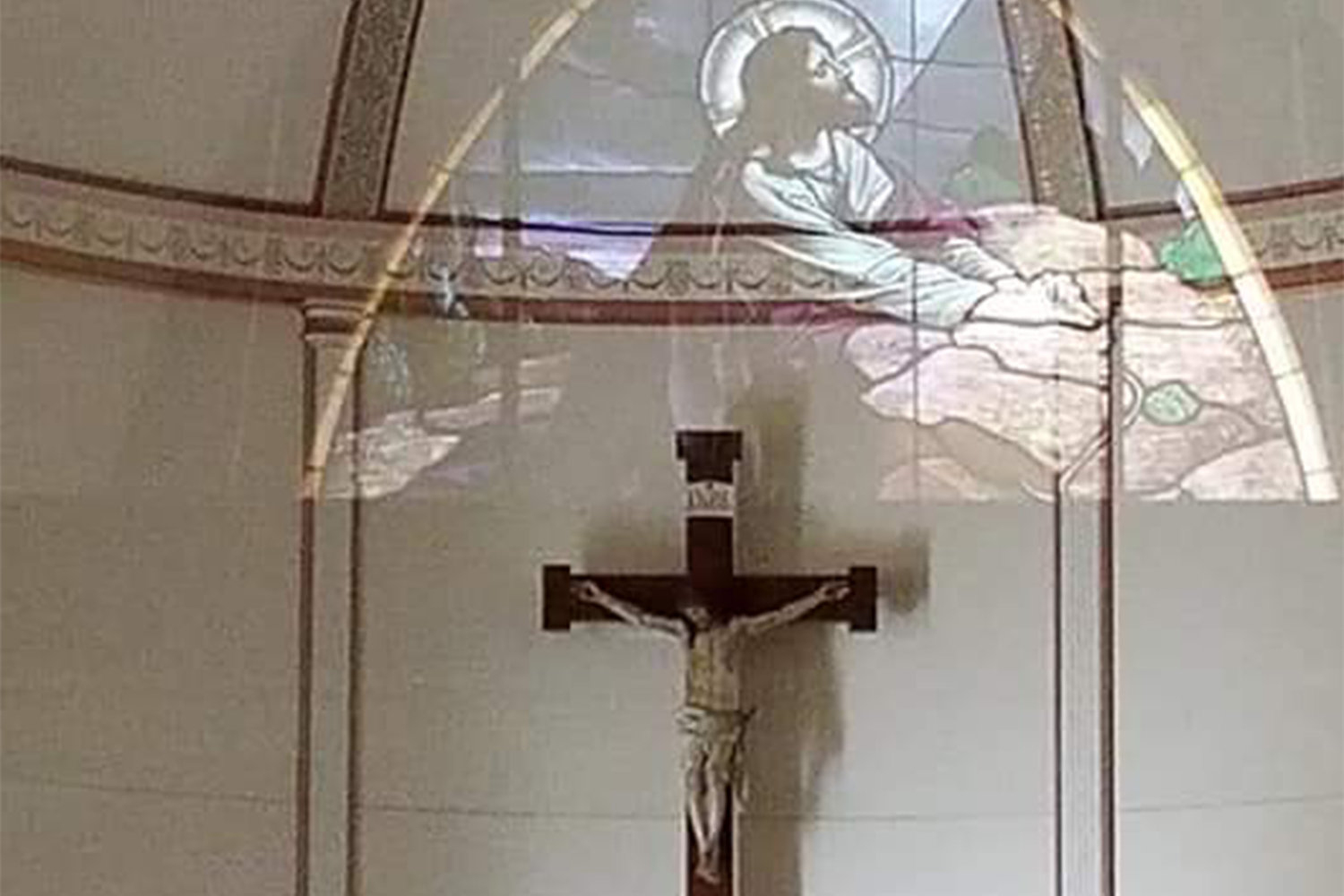Regarding the crisis in our Church
The diocesan moderator for spiritual formation offers the following insight into current developments in the Church:
Our beloved Catholic Church is facing the dreadful reality of a sex-abuse crisis that continues to unfold.
Many lay Catholics in our local parishes are shocked, saddened, angry and ashamed of the Church, as was witnessed in the extraordinary “Listening Sessions,” recently held throughout our diocese by Bishop W. Shawn McKnight.
In response, the Universal Church must now engage in thoughtful and transparent action and reforms, engaging the laity and clergy alike to correct these grave and appalling errors.
The latest chapter in this shocking, ongoing trial is focused more on the abuse cover-up and the lack of care or genuine concern the Church has shown towards many victims. Now, the absolute priority must be on how our Church moves forward with new policies and procedures that hold everyone accountable ... including her bishops.
As with any crisis, there is both danger and opportunity present here.
The danger exists in an institution that may be tempted to continue to focus more on protecting the Church from scandal rather than facing the horrific damage the scandal has caused.
The opportunity for our Church is to allow herself to be led by the Spirit in forging new, healing paths onward. Our Mother Church must repent — reconcile — reform.
One particular concern in the midst of this nightmare is the anxiety an individual feels when realizing a priest whom they have known for years, and perhaps have enjoyed a close relationship with, is now on a list of those clergy members who have been credibly accused of abuse.
Many such Catholics have conflicted feelings: “This is the very priest who presided at my marriage, that baptized my child!” “Does their sinful behavior have any impact on the validity of the sacrament I received?”
The short answer to this question is no. The effectiveness of any valid sacrament does not depend on the moral character of the minister who is administering the sacrament.
A bit of Church history will be helpful here. Donatism was a schism in the early Church in the fourth through sixth centuries. The Donatists argued that Christian clergy must be faultless in order for their ministry to be effective and for their prayers and sacraments to be valid.
In time, the Church declared Donatism a heresy and in response to this grave error, St. Augustine proclaimed that the validity of sacraments was a property of the Priesthood, independent of individual character
The great Augustine, a Doctor of the Church and the ancient bishop of Hippo, engaging in brilliant theological reflection, campaigned against Donatism and won, and hence, the orthodoxy of Church teaching prevailed.
Our Church teaches that a sacrament is from God. Sacraments are grace-filled and powerful because of what they are — visible representations of spiritual realities. Almighty God is at work in and through them, and He is not restricted by the moral state of the administrant.
Having said all this, it is still understandable that a person would be forlorn to learn that any beloved and trusted servant of the Church has fallen into such serious sin.
In the midst of so much confusion, sometimes we experience disbelief and even denial, and then finally anger. It is true that our hearts are broken.
However, we must trust the Church’s teaching that the sacraments confer grace when they are properly performed, (following the norms of form and matter particular to each sacrament as taught by the Church) and not as the result of activity on the part of the minster but by the power and promise of God.
Mind you, it is helpful to understand that HOW the priest celebrates the sacraments — and perhaps, most of all, the Eucharist — can greatly influence how well the participants receive the grace available to them.
In this same light, it is paramount the recipients of the sacramental grace be properly disposed as well.
There must be a spirit of reception and a firm conviction in our “Amen,” when we humbly accept this divine grace and power, in priest and lay person alike.
But even here, let us remember that while a proper disposition is necessary to fully receive the grace, it is not the cause of the grace.
Our new bishop is fond of saying, “We are better together.” Sisters and brothers, let us now pray together that our faith will grow stronger during these trials and tribulations, and that moving through them, we emerge stronger and more committed than ever to the Gospel and our discipleship.
Let our resolve be strengthened, so that we journey together toward healing, forgiveness and new life in Christ.
May the Diocese of Jefferson City be a “light shining on the mountaintop,” and together, let us build up the Kingdom of God here and now.
And remember, if Christ came walking out of the storm, then surely He is present in it!
Fr. Flatley is pastor of Visitation of the Blessed Virgin Mary parish in Vienna and Holy Guardian Angels parish in Brinktown.







